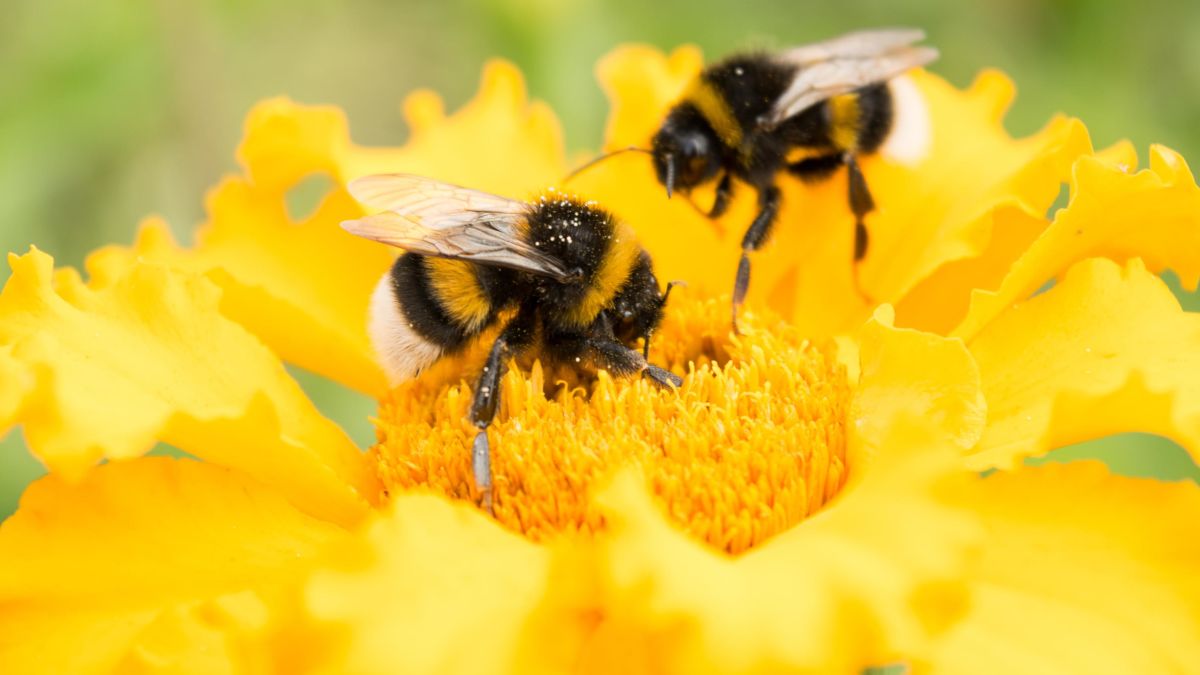1. The Role of Pollinators:
Pollinators facilitate the reproduction of flowering plants by transferring pollen from one flower to another, enabling fertilization and the production of seeds and fruits. This process is essential for the reproduction of many crops and wild plants, making it a cornerstone of terrestrial ecosystems.

2. Biodiversity and Ecosystem Stability:
Plant Diversity: Pollinators contribute to plant diversity by enabling the reproduction of a wide variety of flowering plants. This, in turn, supports other wildlife that depend on these plants for food and shelter.
Food Web: Pollinators are a critical link in the food web. They serve as a food source for birds, insects, and other animals, helping maintain the balance of ecosystems.
3. Food Security:
A significant portion of the world's food supply relies on pollinators. Many fruits, vegetables, nuts, and oilseeds require pollination to produce a harvest. Without pollinators, the availability and diversity of our food would decline, leading to higher food prices and potential food shortages.

4. Economic Impact:
The economic value of pollinators is enormous. In the United States alone, pollinators contribute billions of dollars to the agricultural sector each year. Their role extends beyond food production to include industries like textiles (cotton), cosmetics (natural oils), and pharmaceuticals (medicinal plants).
5. Threats to Pollinators:
Habitat Loss: Urbanization, agriculture, and deforestation lead to the destruction of pollinator habitats.
Pesticides: The use of pesticides, especially neonicotinoids, harms pollinators by affecting their ability to forage, reproduce, and navigate.
Climate Change: Alterations in climate patterns can disrupt the timing of flowering plants and the emergence of pollinators, leading to mismatches that affect plant-pollinator relationships.
Diseases and Parasites: Pollinators, particularly honeybees, are vulnerable to diseases and parasites, including Varroa mites and Nosema.
6. How We Can Protect Pollinators:
Plant Pollinator-Friendly Gardens: Create pollinator-friendly gardens by growing a variety of flowering plants that provide nectar and pollen throughout the seasons.
Reduce Pesticide Use: Use pesticides sparingly and choose less harmful alternatives. Follow integrated pest management practices.
Preserve Natural Habitats: Support initiatives that protect and restore pollinator habitats, such as wildflower meadows and native plant conservation.
Raise Awareness: Educate yourself and others about the importance of pollinators and the threats they face.
Support Sustainable Agriculture: Choose products from farms that use sustainable and pollinator-friendly practices.
The decline of pollinators is not just an environmental issue; it's a matter of global food security and economic stability. Protecting pollinators is a responsibility that we all share. By taking steps to create pollinator-friendly environments, reduce harmful practices, and raise awareness, we can ensure that these vital creatures continue to perform their invaluable role in our world's ecosystems. The well-being of pollinators is interconnected with our own, and their protection is an investment in a more sustainable and prosperous future for all.


